As countries around the world find ways to contain the Covid-19 pandemic and reopen their economies, many sectors hard hit by the lockdown would be busy finding ways to quickly recover lost ground. The judiciary in Nigeria, like other sectors, was forced to go on unplanned break with cases having to be hurriedly postponed to an unscheduled post pandemic period.
Now that the lockdown period is gradually easing around the world, a new reality confronts the Nigerian judiciary. This is how to recover lost ground caused by the pandemic and put the implementation of the National Justice Policy back on track as quickly as possible.
Abubakar Malami, the Attorney-General of the Federation and the Minister of Justice, appeared to have engaged in robust brainstorming of his own along with some relevant stakeholders in the justice system.
Early this week, he rolled out a comprehensive plan to quickly put the judiciary back to work without compromising hygiene and social distancing rules that have become the new norms since the outbreak of Covid-19. Malami has found no better way to do this than through deployment of Information and Communication Technology (ICT).
According to Malami, if there is one major lesson from COVID-19 to be learnt by the judiciary, it is that the Nigerian Justice Sector must seriously leverage technology in the improvement of its capacity and for facilitating fair and speedy administration of justice.
He said: “Information technology is the tool we are majorly going to use to cover the lost ground in our judicial system and measures are already on going to address this in our judicial system. These adjustments will cover, the Courts’ Administrative Processes (such as filing of Court Processes), Regulation of Access to Court and even sitting arrangements during proceedings (to sustain the gains we must have recorded in trumping COVID-19), tracking and retrieval of information from the courts, scheduling of court proceedings with strict time-allocation.
“Robust use of technological tools to conduct proceedings including virtual proceedings, (this would also enable the Justices/Judges to preside over matters in their chamber without being physically present in a formal court room, parties and their counsel will only connect through teleconference means) etc.
“Some of these adjustments are not simple and may require certain amendments of the Law (or Issuance of Rules of Court and Practice Directions) as may be necessary. The judges will be sitting and maintaining social distance while the lawyers’ interface with the courts through their digital computers should be considered in certain cases.”
Luckily, as the attorney general had noted, ICT is not a new phenomenon in the Nigerian Justice sector. The Judiciary adopted a Judiciary Information Technology Policy in 2012 to guide the use of ICT by the Judiciary. Following this, the Supreme Court introduced electronic filing and this has also been adopted by some States’ High Courts. What is required now is for all tiers of the justice sector to fully embrace technology as the only viable option to move forward and move ahead.
The judiciary needs to quickly adjust to the fact that Covid-19 has forced us all into a new reality and it would no longer be business as usual.It must consider how best to open up and start tackling backlog of cases. It must leverage on technology to do this in a safe manner, handling cases online and reducing face-to-face interaction.
Malami’s office, with stakeholders support announced it would empower the institutions of the ACJA, 2015 to commence functioning immediately. For instance, Part 46 dealing with the administration of the Criminal Justice Monitoring Committee; Section 251- witness payment; sections 107 & 108 and others, to galvanize the judicial sector and fast track trials and release of those who are deserving.
The AGF’s major proposition is the immediate deployment of ICT facilities to fast-track taking evidence from witnesses, using platforms like Skype and Zoom and maximizing the digital potentials of the NTA stations across the country to facilitate taking evidence as witnesses do not have to necessary be physically present in court.
It is expected that NTA facilities would provide the rudimentary structures for video conferencing in view of their digital switchover process. Using their existing IT infrastructure, the courts may only need video screens and bandwidth at the minimum to ensure connectivity between parties to the proceedings.
He has also recommended speedy processing of pending civil matters that have not reached advanced stages of hearing and with the consent of parties and their solicitors, to opt for out of court settlement.
Also, criminal charges of minor and non-indictable offences to be summarily tried and sentenced to non-custody penalties. Even in cases where sentenced persons cannot pay their fines, the court should consider other alternative punishments other than jail term. This may include parole or probationary sentences and, if possible, community service like cleaning public places etc.
He has also recommended among others, that persons awaiting trial on minor criminal charges be discharged, passage of the civil equivalent of the ACJA in order to fast track the disposal of civil proceedings, courts should set aside special dates and work extra hours to decongest their case files, and courts to be fully IT-compliant in order to fast track the digital recording and production of the record of court proceedings.
But where courts cannot hear cases electronically, Malami suggested they consider having only few people attend to court matters, and ensure that only few cases are listed per day to reduce number of persons in courts.
These are no doubts huge proposals for a sector that had been slow in embracing technology. Despite adopting the Judiciary Information Technology Policy since 2012, our judicial system is still largely working manually. But the Covid-19 pandemic has changed us all. It would also change the way we do things, at least for now.
After infecting over two million and killing over 185,000, Covid-19 gives no room for complacency. This is the time for the wholesale adoption of technology for judicial work. Crowded court rooms must now be in the past and no court should endanger the lives of Nigerians.
This is the essence of the Malami proposal. The judiciary should embrace it and save lives.
Mr Angulu writes from Lokoja, Kogi State
























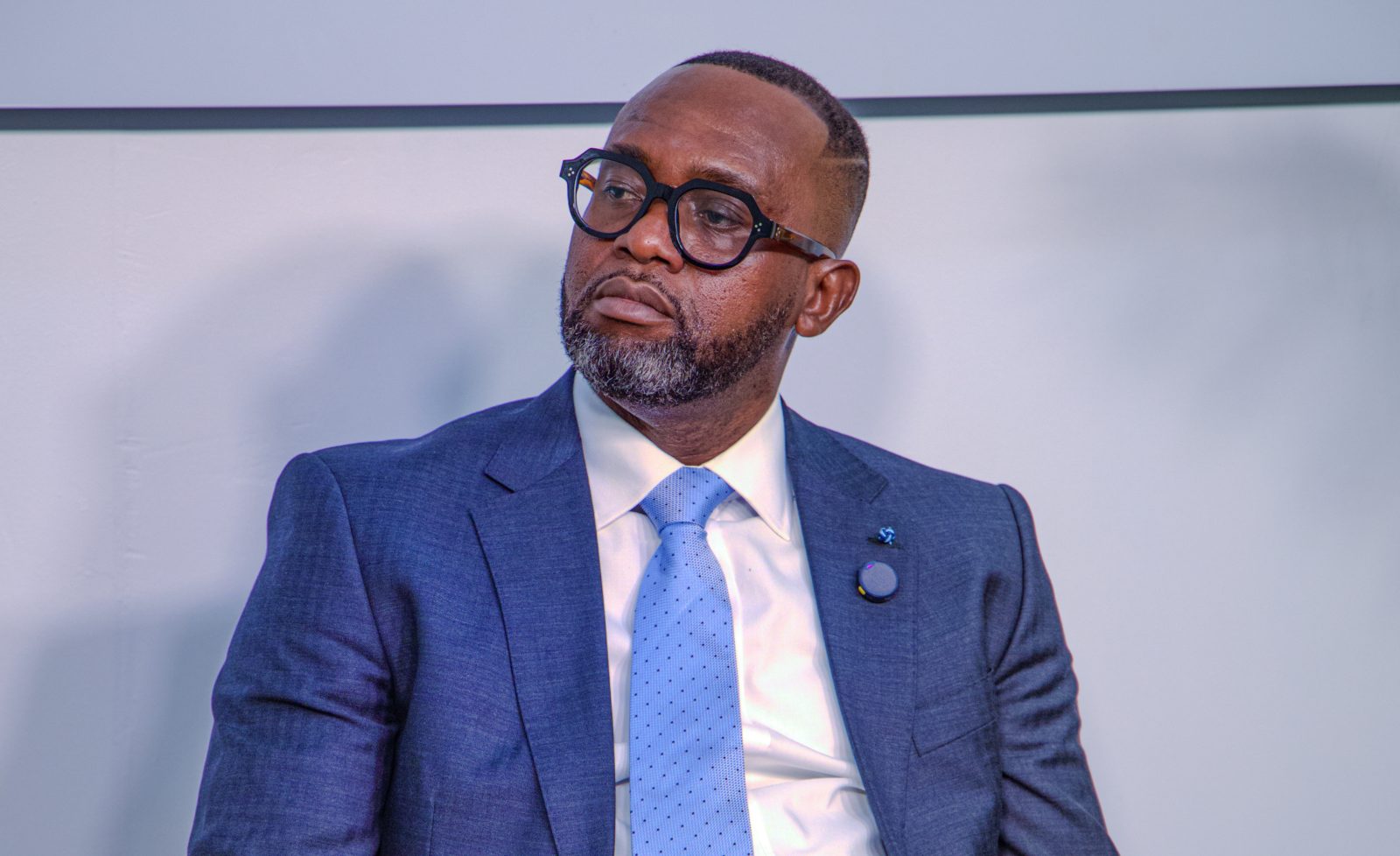
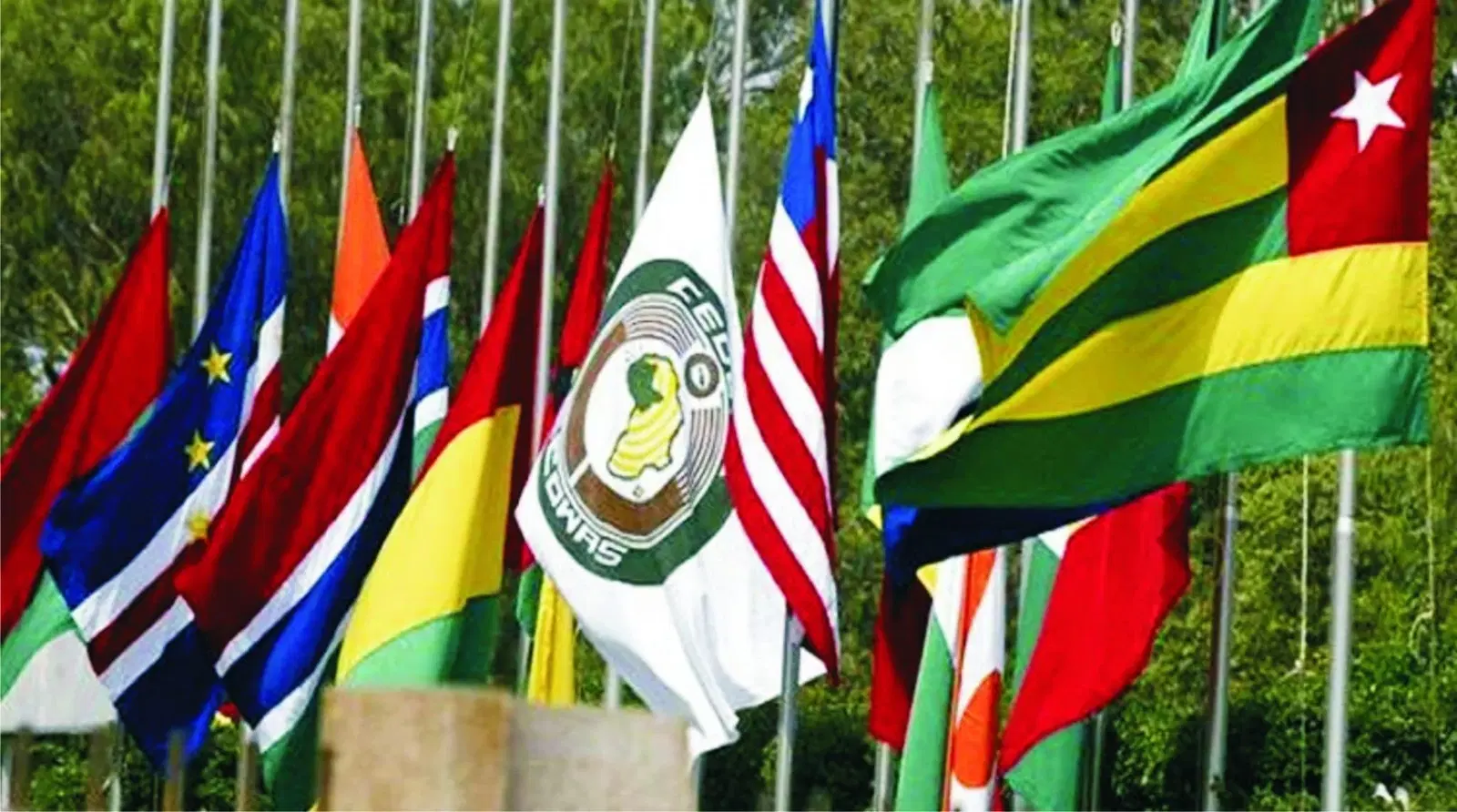

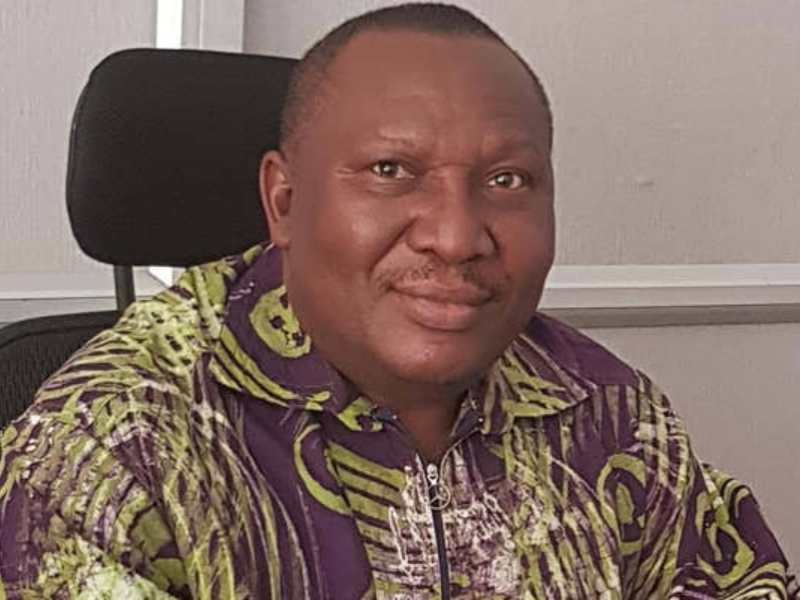



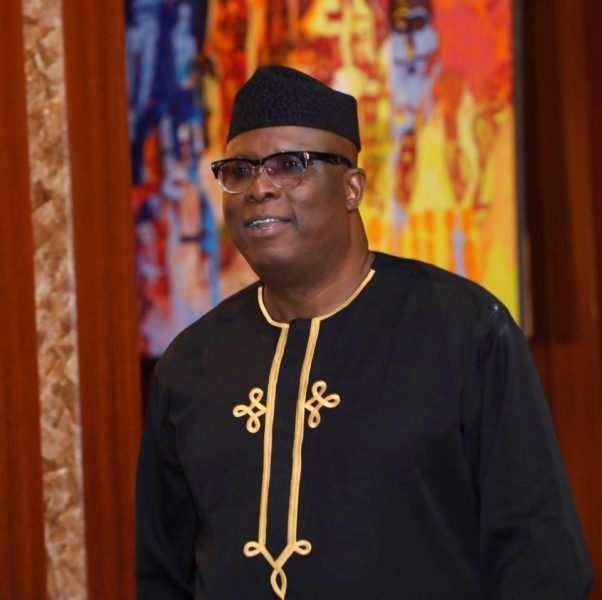

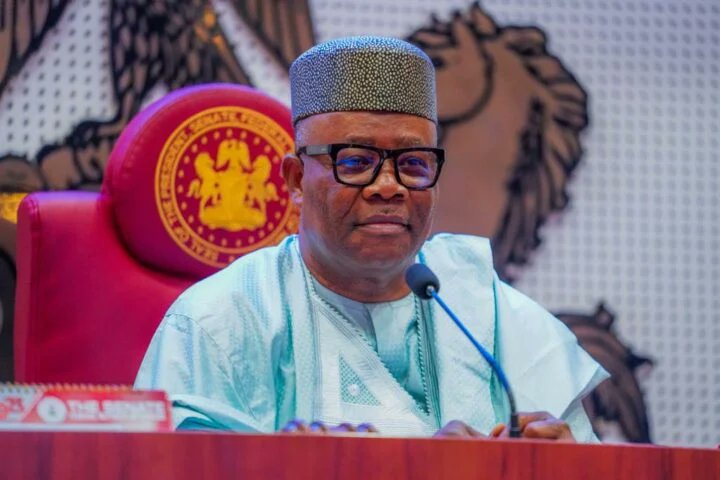





Leave a comment